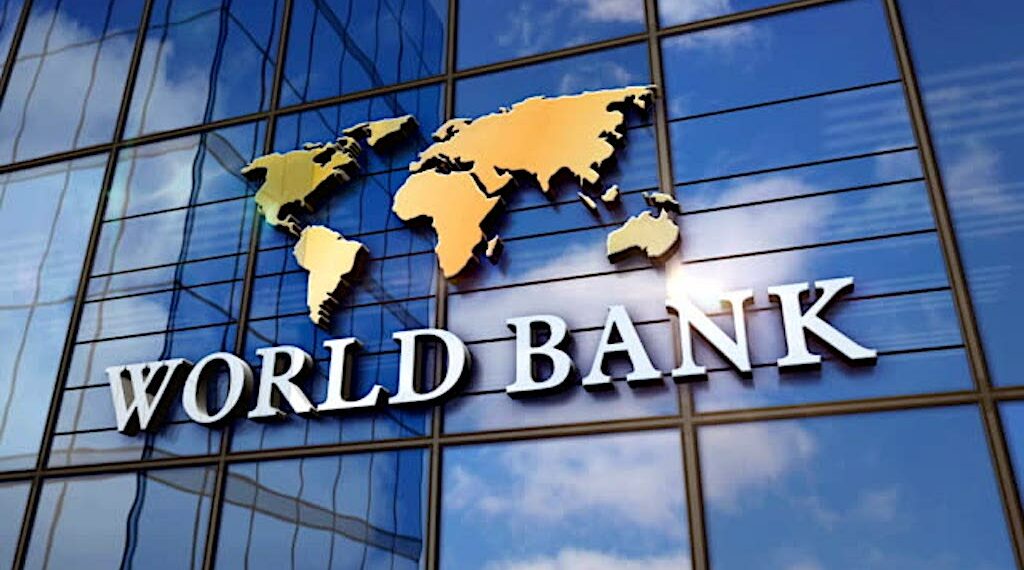19 Jan,26
Most Searched Keywords
06 Aug
Afghanistan’s Fragile Economic Recovery; World Bank Highlights Challenges and Pathways to Stability
by Kamran Noori

According to the latest report by the World Bank, Afghanistan's economic growth continues to face serious challenges, and the country's overall economic situation is not considered stable. The report indicates that the average GDP growth rate is 2.7 percent; however, this limited growth has only managed to recover about 10 percent of the economic losses incurred in previous years.
The report highlights that after the political changes in 2021, provinces such as Kabul, Kandahar, Helmand, and Zabul which were heavily dependent on foreign aid experienced a sharp decline in economic activities. This downturn reflects the negative impact of halted international assistance and financial restrictions on the national economy.
A lack of trade balance and limited investment capacity are significant obstacles to Afghanistan’s economic recovery. The private sector remains underdeveloped, and domestic revenue is insufficient to meet even the basic needs of the government.
According to the World Bank, Afghanistan’s economy has been slowly and precariously rebuilding since 2021. Despite the recorded 2.7 percent growth, a large portion of past economic damage remains unaddressed, underscoring the fragility and weakness of current economic activity within the country.
To achieve economic stability, the report emphasizes the need for fundamental reforms. It recommends prioritizing several areas: boosting domestic and foreign investment to sustain economic growth; addressing the imbalance between imports and exports to improve national income; and operationalizing key infrastructure projects such as TAPI, which are essential for energy production and long-term economic development.
The World Bank report concludes that while Afghanistan’s economy remains fragile and faces numerous challenges, the implementation of structural reforms and strategic planning can help shape a more promising economic future. For sustainable development, financial transparency, trade reforms, and infrastructure expansion will be critical steps moving forward.
